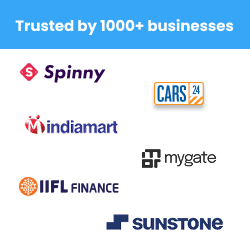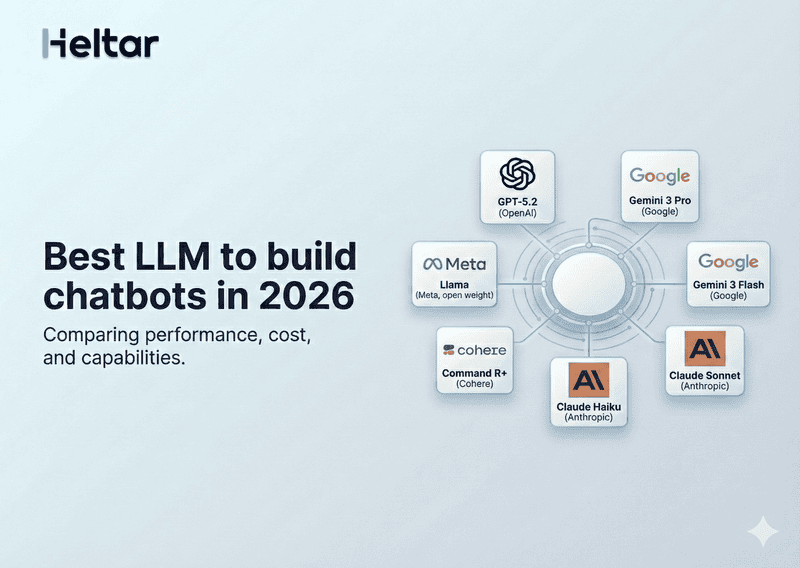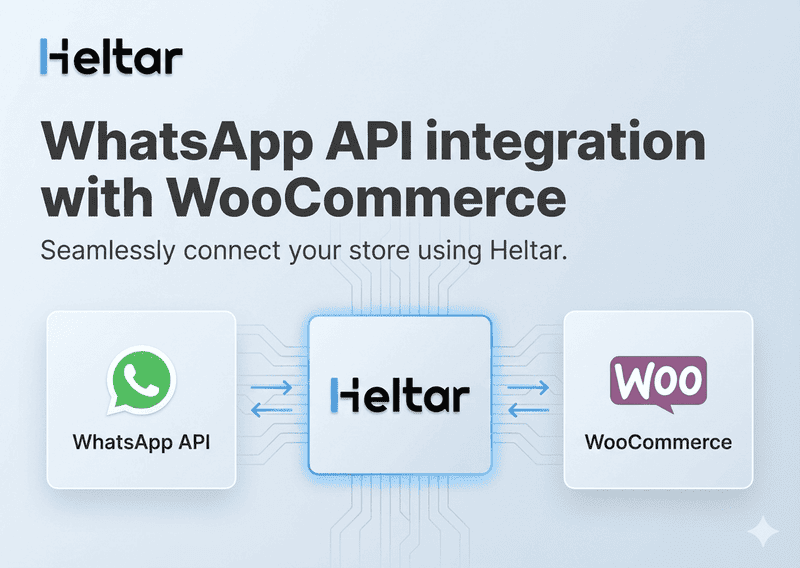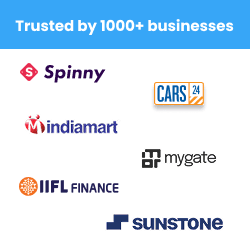Want to send a broadcast but have zero contacts in Wati? Add one the right way first. Do it wrong and your test fails, delivery drops, and you waste credits. Here is a clean, step-by-step setup, plus the small checks that prevent common errors. We end with why Heltar is the safer path when you scale beyond a test.
Before you start
Store phone numbers with country code, for example +91XXXXXXXXXX.
Get consent if you will send marketing messages.
Keep an approved template ready for your first test.
Step 1 – Open Add Contact
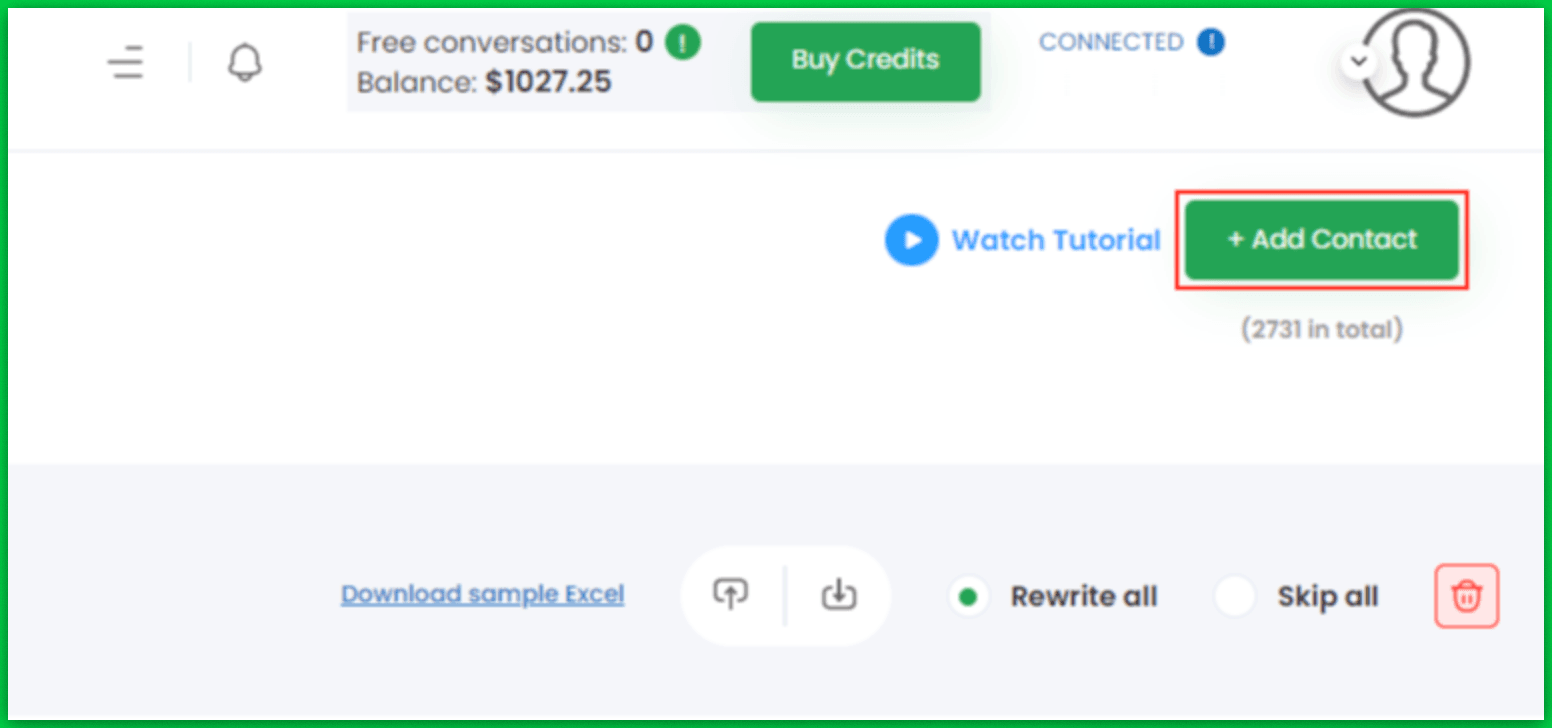
In Wati, go to your Contacts page.
Click + Add Contact to open the form.
Step 2 – Fill required fields
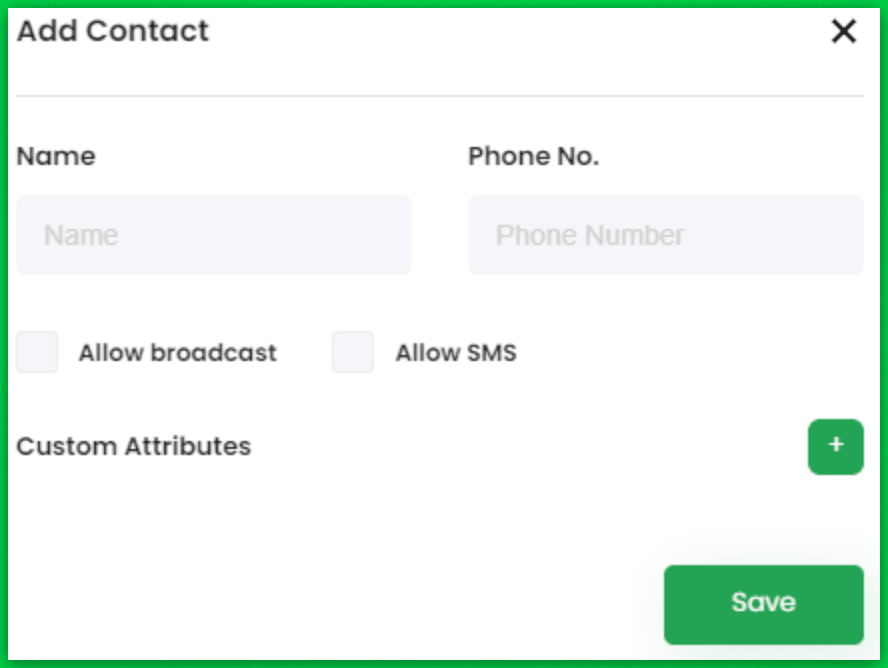
Name – add the contact’s full name.
Phone No. – enter with country code.
Double check digits. A single mistake blocks delivery.
Step 3 – Set messaging permissions
Tick Allow broadcast if you plan to include this contact in bulk sends.
Tick Allows SMS only if you will use SMS through Wati.
Keep proof of opt-in outside Wati in case Meta reviews your sending.
Step 4 – Add useful attributes
Click [new] to create tags you will actually segment on, for example:
Marketing Status: Active, Inactive, Prospecting
Country: IN, AE, US
Source: Website, Ads, Referral
These save you hours when you build real segments later.
Step 5 – Save
Click Save. Your contact now appears in the list and can be targeted in broadcasts if you enabled Allow broadcast.
Quick test to confirm delivery works
Create a small marketing template with variables filled.
Send a 1-person broadcast to this contact.
Check status in Broadcast Analytics. If it fails, fix the cause before uploading real lists.
Common mistakes that waste credits
No country code – messages fail or delivery tanks.
No consent – blocks later and template rejections.
Wrong number format – remove spaces, dashes, extra zeros.
Skipping attributes – later you cannot segment cleanly, so you oversend.
Why Choose Heltar Over Wati?
Unless you want your marketing budget to get over before you acquire any customers, Heltar's the way to go. Here's why!
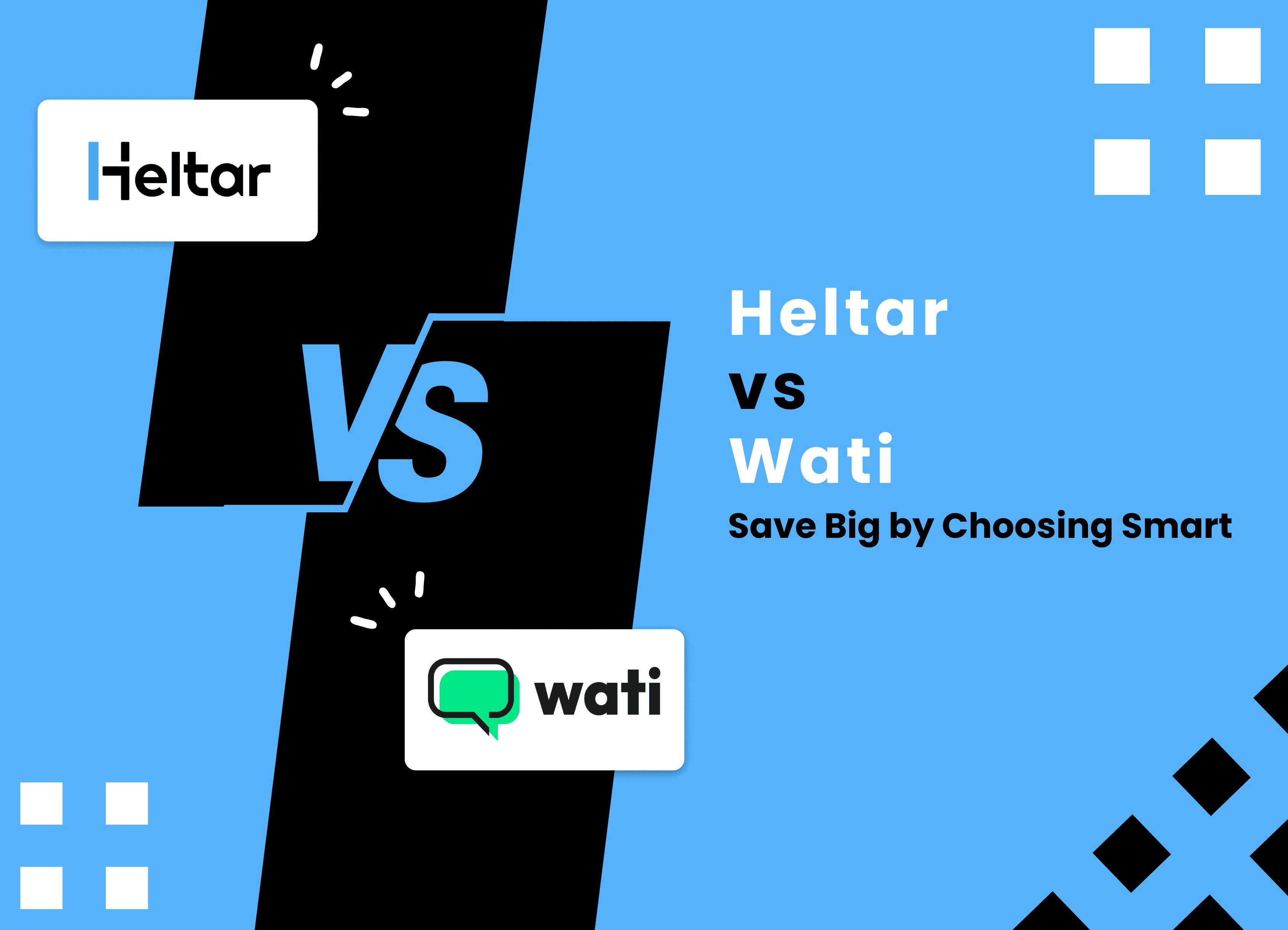
Metric | Wati | Heltar |
Base Subscription Fee | Expensive - Starts ₹2,499/month | Lower, budget-friendly - Starts ₹999/month |
Pricing Structure | Tiered, complex | Simplified, transparent |
Markup on Conversations | Up to 100% over Meta Charges | Flat 5% across all conversation types |
Extra User Fees | Upto ₹3,999/Month/User | No additional charges |
API Integrations | Charged separately (e.g., $4.99/month for Shopify) | No extra charges |
Customer Support | Limited (No setup support in Growth and Pro plan) | Full support for all customers |
User Interface | Complex & Difficult to navigate | Intuitive & user-friendly |
Lower Platform Fees and Markups
Wati: Wati’s pricing plans start from ₹2,499 per month, scaling up to ₹16,999 per month for the business plan. The multiple packages and tiered features make it expensive, especially for small and medium-sized businesses. The incremental costs for unlocking advanced features force businesses to either commit to higher-tier plans or compromise on functionality.
Heltar: In contrast, Heltar offers lower subscription fees with a base plan starting at a more affordable monthly rate. It is designed to be budget-friendly for businesses of all sizes, particularly small and medium enterprises (SMEs) looking to minimize upfront costs, along with a simplified and transparent conversation pricing model, charging a flat 5% markup across all conversation types.
No Extra/Hidden Charges for Integrations
Wati: While Wati provides robust features, many advanced capabilities are locked behind higher-priced plans. Essential features like advanced analytics, automated workflows, and API integrations are only available in the more expensive plans. Apart from that, Wati charges extra fees for employing integrations, like an additional USD 5 per month for a shopify integration, and additional charges for extra users.
Heltar: Heltar includes advanced features—automation, analytics, customer segmentation. Businesses benefit from unrestricted access to essential tools allowing them to leverage full functionality of the platform.
Intuitive and User-Friendly Interface
Wati: Wati offers a variety of features, but the interface could be difficult to learn for inexperienced users. The tiered functionality makes it hard to locate important tools within the complex menu structure it offers. It may be a real pain for people who are not familiar with navigating multi-tiered software ecosystems.
Heltar: Heltar’s platform is designed with ease of use in mind. It features an intuitive interface, making it simple to navigate, even for those new to such systems. The user-friendly dashboard provides easy access to key tools, reducing the learning curve and allowing businesses to get up and running quickly without sacrificing functionality or efficiency.
Well Rounded Customer Support: While Wati does not provide even setup support in the growth plan, in Heltar, End-to-End Customer Support is made available to all customers, irrespective of their subscription plans. For us, at Heltar, Our Customers are our biggest priority, and we ensure they are well served through a comprehensive knowledge transfer of our platform and continued assistance.
